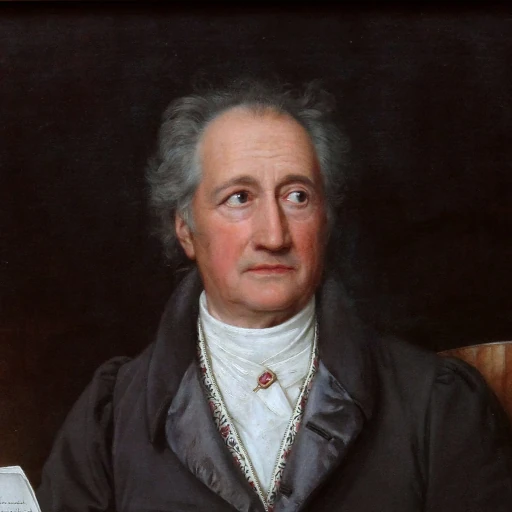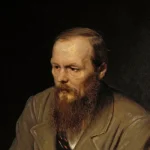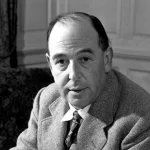“One must ask children and birds how cherries and strawberries taste.”

- August 28, 1749 – March 22, 1832
- German
- Poet, playwright, novelist, philosopher, politician
- His literary works “Faust” and “The Sorrows of Young Werther” had a major impact on world literature.
Quote
“One must ask children and birds how cherries and strawberries taste.”
Explanation
Goethe suggests that the purest and most authentic experiences of joy and pleasure come from those who approach life with innocence and unfiltered wonder—such as children and birds. Their enjoyment of simple things, like the taste of cherries or strawberries, is untainted by the complexities or distractions that adults often face. Goethe’s message emphasizes the importance of seeing the world through fresh eyes, where even the smallest pleasures hold great value.
Historically, this idea aligns with the Romantic ideal of returning to a more natural, unaffected state of being, where simple joys are cherished. For Goethe, this innocence is a source of wisdom, reminding us that the essence of life is often found in its simplest, most immediate experiences.
In the modern world, this quote speaks to the idea of mindfulness—the practice of fully engaging with the present moment. For example, when we allow ourselves to be fully immersed in the simple act of enjoying a meal or taking in the beauty of nature, we can rediscover the joy and gratitude that children naturally experience. People who have learned to reconnect with the innocence of their senses, like through mindfulness meditation, often find a deeper sense of fulfillment and appreciation in their everyday lives.
Goethe’s words encourage us to slow down and approach life with the same joyful curiosity that children and animals have, reminding us that simple pleasures are often the most profound.




